What Do “Lookalike Audiences” Look Like in 2024?
March 08, 2024
4 Minute Read
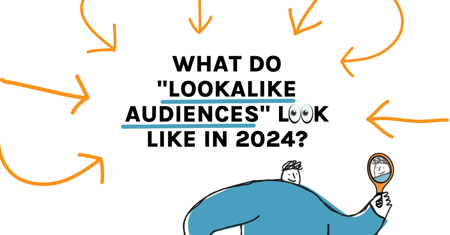
The year is 2013. Flappy Bird swooped onto phones everywhere. The world didn’t end when the Mayan calendar did. “Twerk” and “Selfie” were officially added to the dictionary. Oh, and “lookalike audiences” entered the world of digital marketing. Targeting a group of customers and it’s going really well? Well now you can reach other people who have similar interests, behaviors, or demographics. This type of targeting became the cornerstone of many marketing strategies, especially on Facebook and later on Google Ads. Once you know who wants your product or service, you can sit back and let the all-powerful algorithms find more of them.
So then why did we log in one day and find that similar segments, Google Ads’ lookalikes, were going away? Are lookalike audiences dead?

Like many old Hollywood celebrities, the name has changed but the performance is the same. Enter: Optimized Targeting.

What Is Optimized Targeting?
So what is Optimized Targeting, how does it work, and how do I set it up? Woah woah woah, one question at a time. Let’s quickly go through it.
Optimized Targeting is an ad-group-level setting that functions like a lookalike audience, only automatically. By opting into optimized targeting, you allow Google to “...find audience segments that you may have missed” to “...help you reach new and relevant audiences that are likely to convert.” Basically, optimized targeting expands your reach to find people who are likely to convert based on the audiences you’re already using. Sound familiar? That’s because it’s essentially lookalike audiences without having to manually create and apply them.
What Is Audience Expansion?
But wait, there’s also something called “Audience Expansion” which is a check box you can select from the “Audiences” tab. Audience Expansion “...finds more users who look like your selected audience to increase your campaign's reach”. Does that also sound like “lookalike audiences”? That’s because it pretty much is.
What Is the Difference Between Optimized Targeting and Audience Expansion?
Ok, so there’s Optimized Targeting and Audience Expansion, but both sound very similar. What’s the difference? Honestly, I had to re-read the support articles several times to understand it. Essentially, Optimize Targeting is trying to get you more conversions by finding similar people and Audience Expansion is trying to get you more people similar to the ones in your audiences. If that’s not any more clear, don’t worry. My advice would be to just use both settings and monitor their performance to ensure you’re getting the most out of Google’s expanded reach.
How Do Optimized Targeting and Audience Expansion Work?
As for how it works, well, Google keeps that pretty close to the vest. Like most of Google’s recent rollouts, they’re asking you to toss a coin in the optimization well and wish for good results. Fortunately, you’re able to see how Optimized Targeting and Audience Expansion perform compared to the audiences you directly select. When you’re looking at your audiences, navigate to “Audience Segments”, and then hit “Show Table”. From there, you can see the results of your Expansion and Optimized Targeting exclusively.
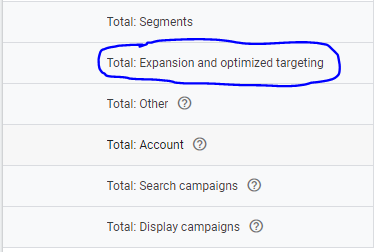
With any luck, your results for this category will be better than my ability to draw blue circles on screenshots. If they’re not, well, you already know which 2 settings to disable.
There's Always More!
If you appreciate tips like these written in a style that makes at least me laugh, check out some of the other blog posts I've written recently. Or see blog posts from the rest of the BFO team to see what’s going on in the world of digital marketing. Finally, feel free to contact us if you’d like to connect with other digital marketing nerds who can help you with your Paid Media, SEO, and Analytics.
Trying to keep up on digital marketing news and changes? Subscribe to our monthly newsletter!

Scott Diebel
Scott began his career in digital marketing after setting out to join a small business right out of college. Scott was excited to join BFO when they acquired his startup in 2016 and has enjoyed making an impact on a larger scale ever since.
CATEGORIES
SUBSCRIBE TO OUR BLOG
Stay up to date with the latest industry best practices in digital marketing!




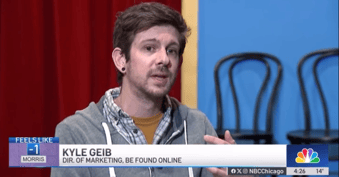



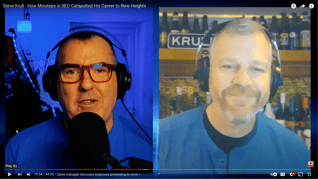



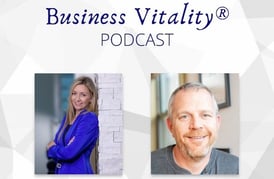
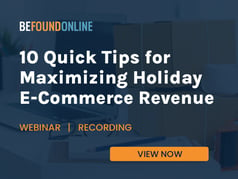
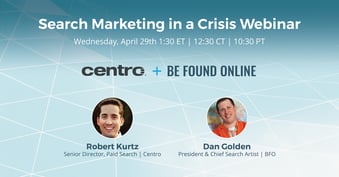
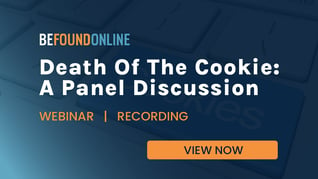
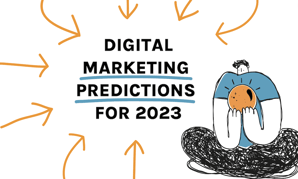
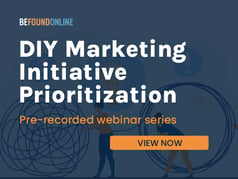
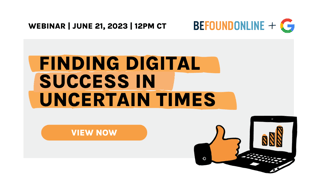
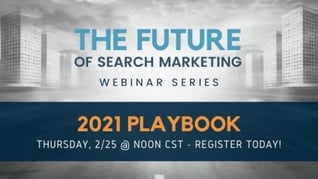
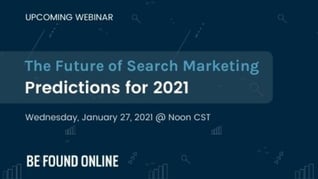

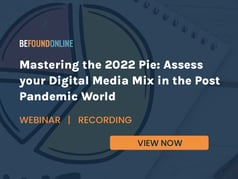
.png?width=339&height=179&name=Webinar%20Banner%20(1).png)
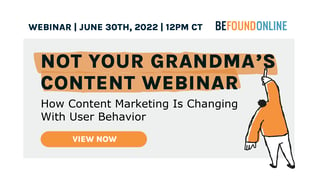
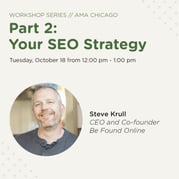
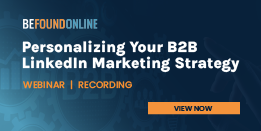
.png?width=339&height=179&name=July%20Webinar%20(Newsletter).png)
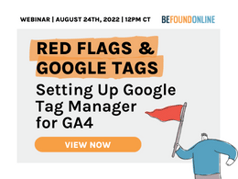
.png?width=339&height=179&name=Webinar%20Banner-April-02%20(1).png)
%20(4).png?width=339&height=179&name=Webinar%20Banner-May-02%20(1)%20(4).png)
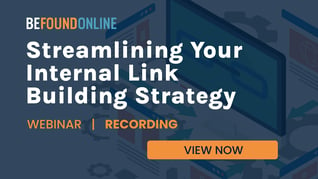
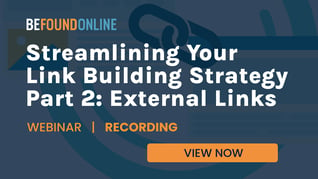
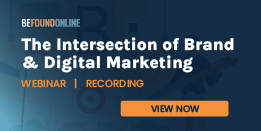
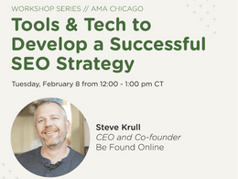
.png?width=339&height=179&name=March%202023%20Webinar%20Ad%20(autoresponder).png)
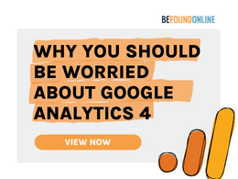
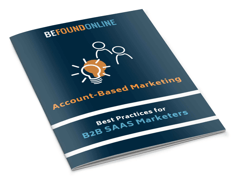
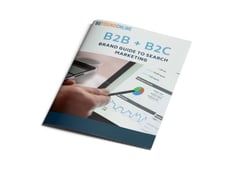
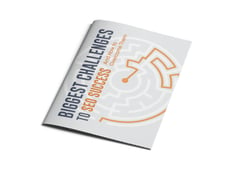
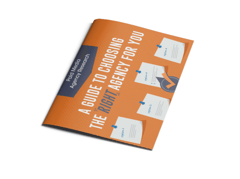
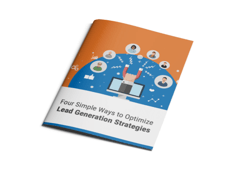
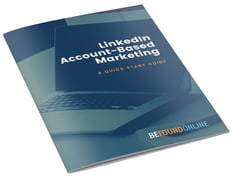
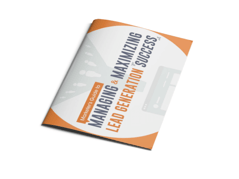

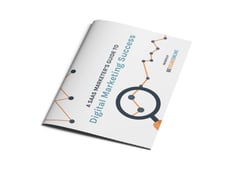
.png?width=339&height=179&name=2025%20Paid%20Media%20(1200%20x%20628%20px).png)
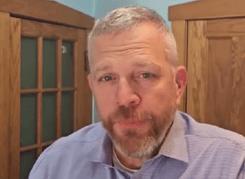
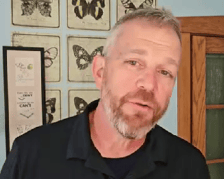
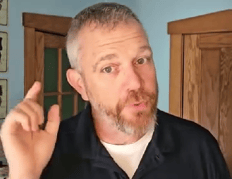
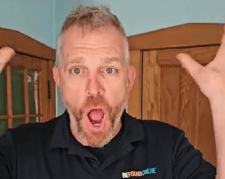
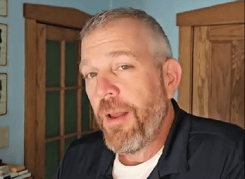
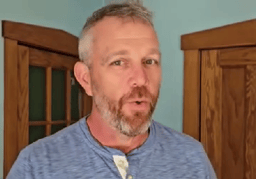
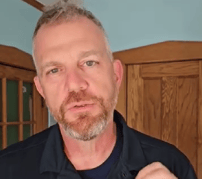
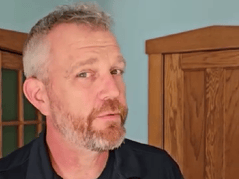

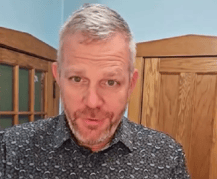
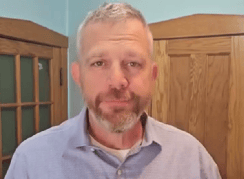
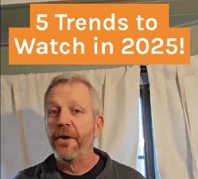
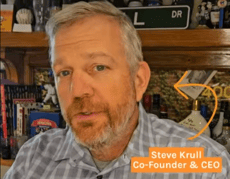
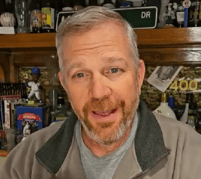
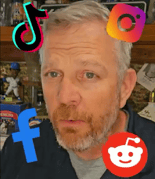
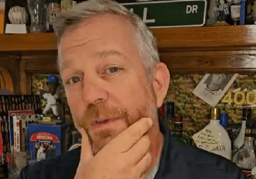
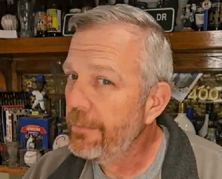
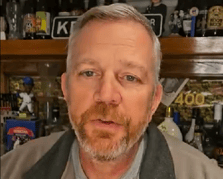
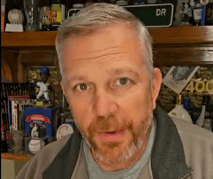
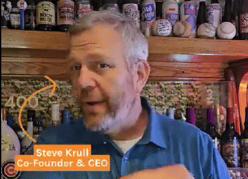
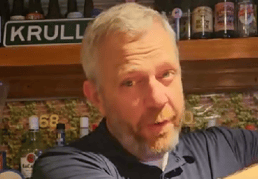
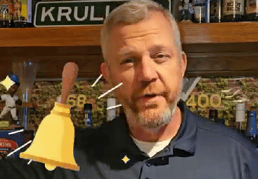
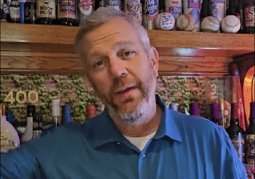
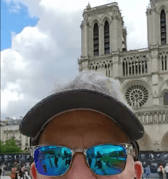
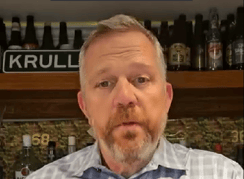
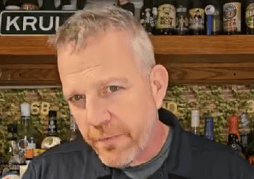
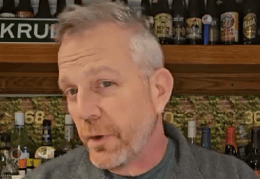
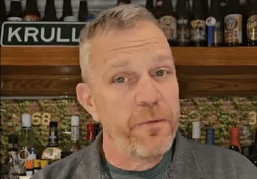
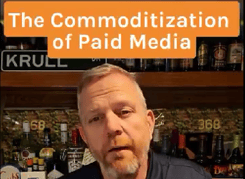
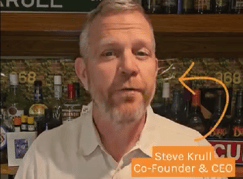
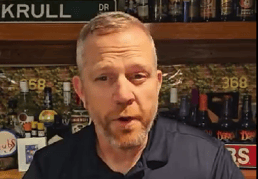
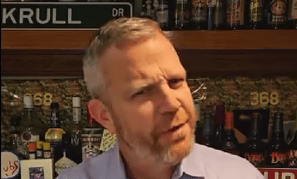
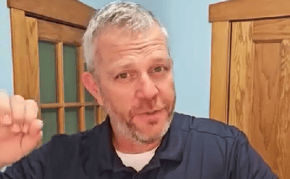

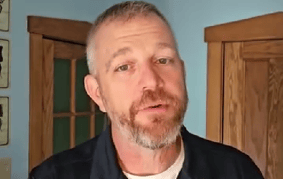
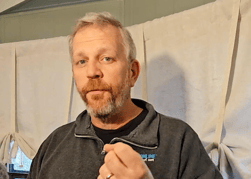
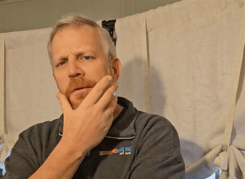
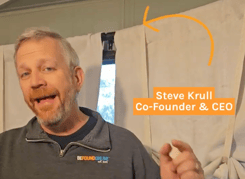
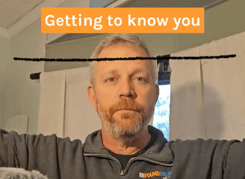
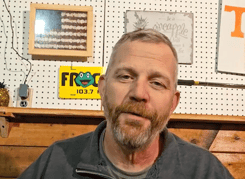
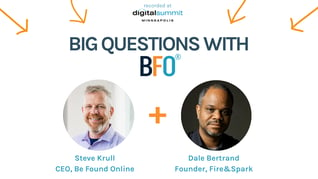
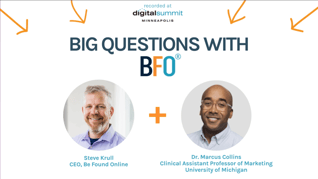
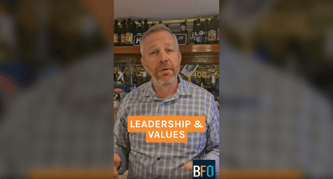
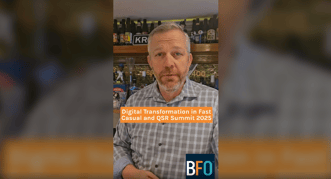
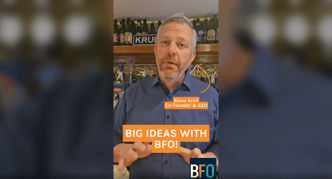
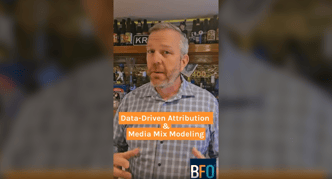


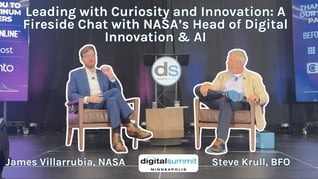




.png?width=339&height=179&name=2026%20Paid%20Media%20Ad%20Specs%20(Twitter%20Post).png)

